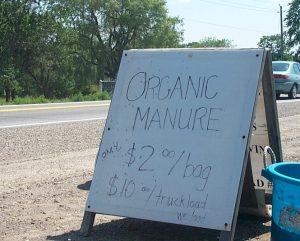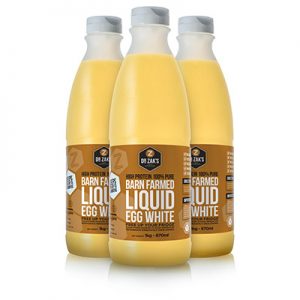Ryan J. Foley of The Washington Post writes a Missouri farmer and businessman ripped off consumers nationwide by falsely marketing more than $140 million worth of corn, soybeans and wheat as certified organic grains, federal prosecutors said Wednesday.
 The long-running fraud scheme outlined in court documents by prosecutors in Iowa is one of the largest uncovered in the fast-growing organic farming industry. The victims included food companies and their customers who paid higher prices because they thought they were buying grains that had been grown using environmentally sustainable practices.
The long-running fraud scheme outlined in court documents by prosecutors in Iowa is one of the largest uncovered in the fast-growing organic farming industry. The victims included food companies and their customers who paid higher prices because they thought they were buying grains that had been grown using environmentally sustainable practices.
The alleged leader of the scheme was identified as Randy Constant of Chillicothe, Missouri, who was charged with one count of wire fraud. He is expected to plead guilty during a hearing that is scheduled at the federal courthouse in Cedar Rapids, Iowa, on Thursday.
The charging document calls on Constant to forfeit $128 million to the government along with his interest in 70 pieces of farm machinery and equipment. His attorney, Mark Weinhardt, didn’t immediately return a phone message seeking comment.
Three Nebraska farmers who sold their crops to Constant pleaded guilty in October to their roles in the scheme and are awaiting sentencing. One of their attorneys has said that Constant recruited them and that they turned a blind eye to his false marketing practices because they reaped higher profits by passing their grains off as organic.









